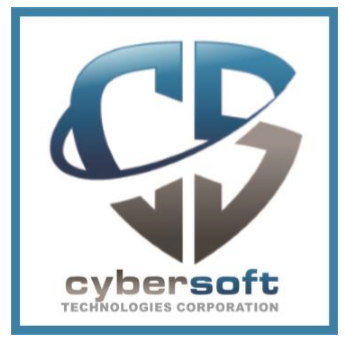Certified Information Systems Auditor
The CISA Certification is recognized as one of the leading credentials in the areas of IS auditing, control, and information security. This official ISACA course provides you with in-depth coverage of the five CISA domains that are covered on the CISA Exam. These domains include auditing information systems; IT governance and management of IT; information systems acquisition, development, and implementation; information systems operations, maintenance, and support; and protection of information assets. This course is designed specifically for experienced information security professionals preparing to take the CISA exam.
Content
- The Process of Auditing Information Systems
- Develop and implement a risk-based IT audit strategy
- Plan specific audits
- Conduct audits in accordance with IT audit standards
- Report audit findings and make recommendations to key stakeholders
- Conduct follow-ups or prepare status reports
- IT Governance and Management of IT
- Evaluate the effectiveness of the IT governance structure
- Evaluate IT organizational structure and human resources (personnel) management
- Evaluate the organization’s IT policies, standards, and procedures
- Evaluate the adequacy of the quality management system
- Evaluate IT management and monitoring of controls
- Evaluate IT contracting strategies and policies, and contract management practices
- Evaluate risk management practices
- Evaluate the organization’s business continuity plan
- Evaluate the organization’s business continuity plan
- Information Systems Acquisition, Development, and Implementation
- Evaluate the business case for proposed investments in information
- Evaluate the project management practices and controls
- Conduct reviews to determine whether a project is progressing in accordance with project plans
- Evaluate controls for information systems
- Evaluate the readiness of information systems for implementation and migration into production
- Conduct post implementation reviews of systems
- Information Systems Operations, Maintenance, and Support
- Conduct periodic reviews of information systems
- Evaluate service level management practices
- Evaluate third-party management practices
- Evaluate data administration practices
- Evaluate the use of capacity and performance monitoring tools and techniques
- Evaluate change, configuration, and release management practices

